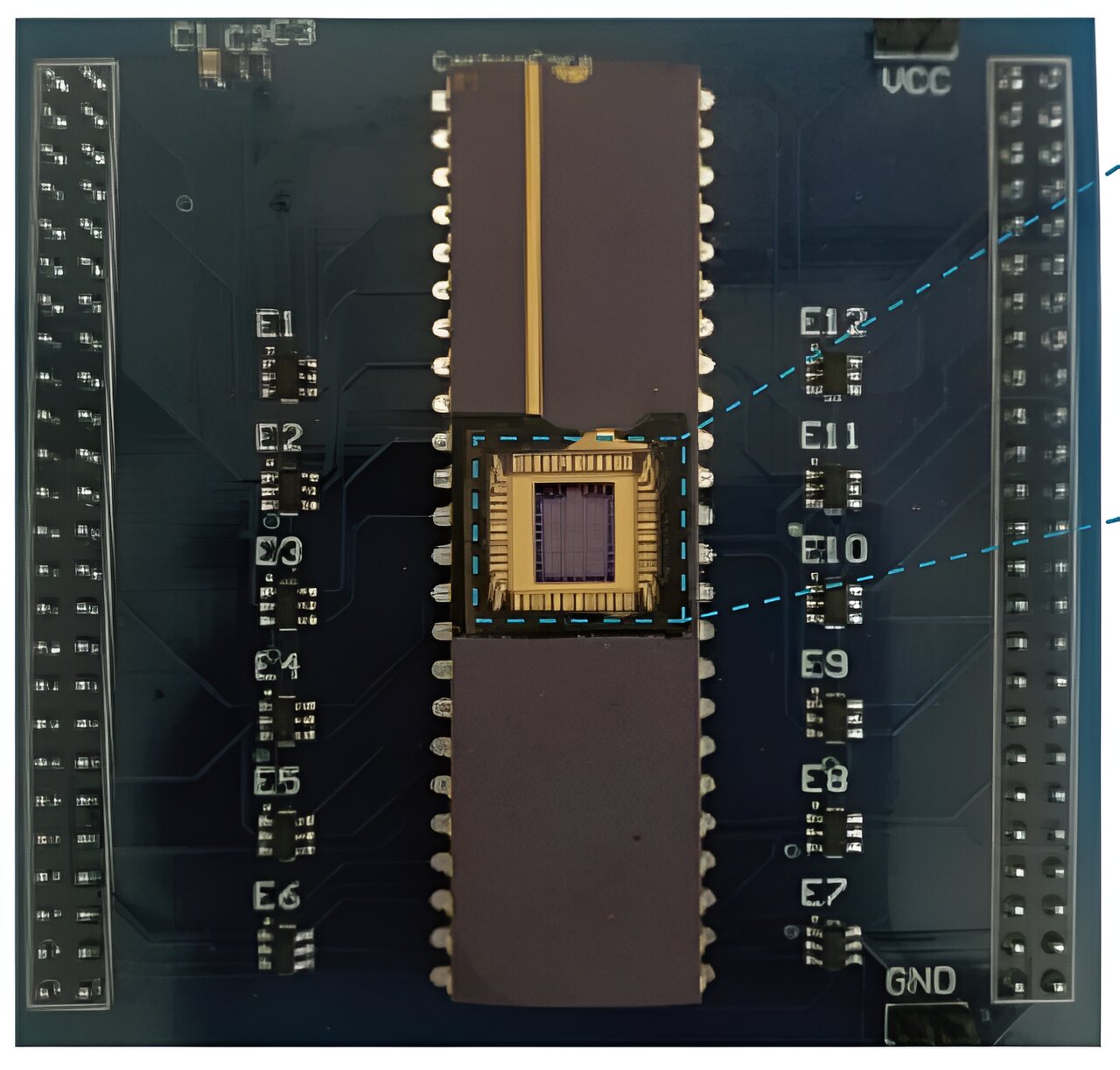In today's rapid development of artificial intelligence and semiconductor technology, the breakthrough research and development of a tensor processor chip (TPU) based on carbon nanotubes (CNTs) has set a new milestone in the field of global energy-saving AI processing. This innovative chip not only demonstrates the huge potential of carbon nanotubes in high-performance computing, but also indicates a new direction for the development of semiconductor technology in the future.
R&D background and technological innovation
With the widespread application of big data and artificial intelligence technology, the demand for computing efficiency and energy consumption is increasing. When traditional silicon-based semiconductor chips face these challenges, there is less room for performance improvement and power consumption reduction. Therefore, finding new materials and technologies to break through this bottleneck has become a consensus in the industry. Due to their unique physical and chemical properties, carbon nanotubes are ideal for building the next generation of high-performance computing chips.
The carbon nanotube tensor processor chip developed this time successfully applies carbon nanotube transistors to the tensor processor architecture, and realizes efficient parallel computing and convolution operations. This technological innovation not only improves the computing efficiency of the chip, but also significantly reduces power consumption, providing a more energy-efficient solution for AI and machine learning applications.
Performance and power advantages
According to preliminary test results, the carbon nanotube tensor processor chip can perform AI tasks such as image recognition with very low power consumption (the exact value may vary depending on the test conditions, but it is much lower than similar silicon-based chips). This level of power consumption is the leading of all new convolution-accelerated hardware technologies, demonstrating the superior performance of carbon nanotubes in terms of energy savings.
At the same time, the chip also performs well in computing efficiency. The pulsating array architecture design enables the chip to perform complex convolution and matrix multiplication operations in parallel, which significantly improves the execution speed of AI algorithms. This high performance and low power consumption make the chip have a wide range of applications in the field of AI and machine learning.
 Figure: Carbon nanotube tensor processor chip
Figure: Carbon nanotube tensor processor chip
Application prospect and future prospects
The successful development of carbon nanotube tensor processor chips not only provides a more energy-efficient solution for AI and machine learning applications, but also opens up a new path for the development of semiconductor technology in the future. With the continuous maturity of technology and the reduction of costs, the chip is expected to be applied and promoted in more fields.
First of all, in the field of AI and machine learning, the chip can be applied to a variety of tasks such as image recognition, speech recognition, and natural language processing, improving the computing efficiency and accuracy of algorithms, while reducing energy consumption and cost. Secondly, in the field of high-performance computing, the chip can also be used as a coprocessor with a silicon-based CPU to achieve more efficient computing performance. In addition, with the development of 3D integration technology, the chip can also be 3D stacked with silicon-based chips to further improve the overall performance and energy efficiency of the system.
Epilogue
The successful research and development of carbon nanotube tensor processor chips is an important achievement of the cross-integration of semiconductor technology and AI technology. It not only demonstrates the great potential of carbon nanotubes in the field of energy-saving AI processing, but also reveals a new direction for the development of semiconductor technology in the future. We have reason to believe that in the near future, carbon nanotube technology will lead the semiconductor industry to a more efficient, energy-saving and intelligent future.






